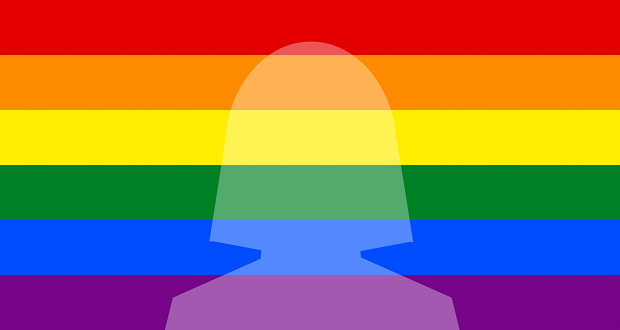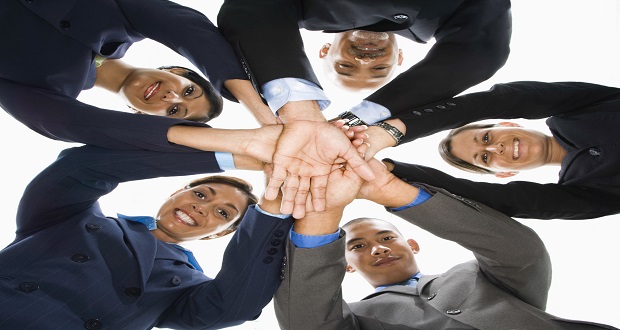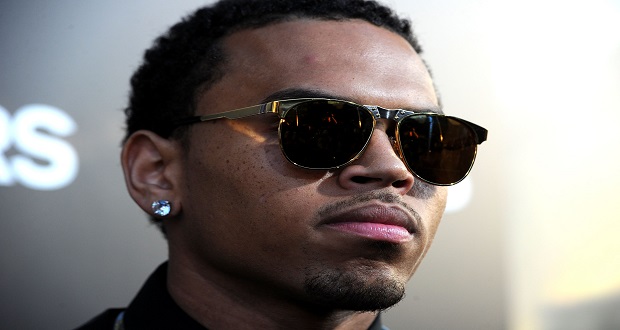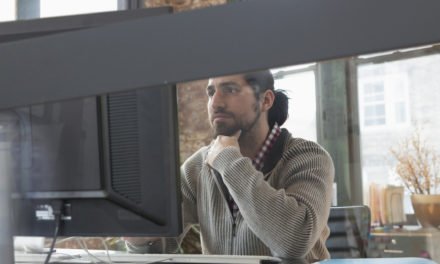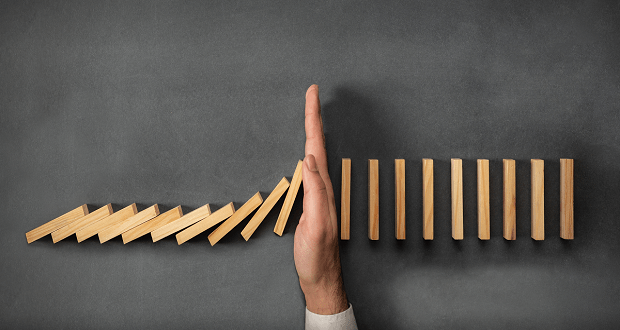
Our Feature Series on The Work We Didn’t Do—reflections on times when we failed to intervene or act for equity and inclusion—was inspired in part by a post from a friend of mine on social media. In it, she shared an anecdote representative of a larger trend she had recognized in which she failed to intervene as a bystander and later regretted her lack of involvement.
I admired her bravery and vulnerability in sharing this story, partly because it naturally prompted me to reflect on my own similar regrets. Her tone was not self-criticizing so much as contemplative and growth-oriented: naming a goal to do better and identifying patterns she hoped to overcome. I found myself remembering some of the times I had not rose to the occasion as I might have hoped—times that I had relegated to a personal list of shameful encounters I didn’t discuss with others, fearing judgement or disapproval. But in reading her post, I was not shocked or disappointed—instead I identified, and was inspired to identify the patterns that had stopped me from acting in similar experiences. I realized the power my own stories and those of others could have to prompt the same reflection in others; I hoped to magnify this effect by sharing my experiences and inviting my colleagues to do the same.
I was pleasantly surprised by how each of the contributors to this series took a completely different approach, explaining how they conceive “the work” and where they wish to do better. Valda’s and Travis’ experiences highlight the sometimes “messy” scope of D&I work—times where our roles as professional facilitators blend with our personal lives. Mary-Frances’ and Kevin’s stories call attention to the work in the context of consulting with clients—the need for sticking to what we know to be best practices, as well as recognizing times when our “go-to” responses to a situation may be limiting the progress we might make. Finally, Brittany’s reflection on intrapersonal work reminds us that, at times, the work may relate first to our personal development. When I consider these contributions collectively, several lessons emerge.
First: 20/20 hindsight is real. In each of the stories recounted, not immediately perceiving an injustice as such, or not knowing how to act in the moment was a common theme. This is natural—our perceptions and processing have limits. However, the fact that each of us worked out a response that we were more satisfied with in the aftermath, highlights that our powers of judgement are capable. And it is likely, having worked these solutions out, that we will be more prepared to respond next time in a similar situation in the way that we would like.
Secondly, I see offering ourselves grace when we make mistakes as essential. Living in regret or shoving these mistakes down in our memories is not productive. This leads me to a third lesson: practicing vulnerability by sharing about our missed opportunities holds power. It reminds us that no one has “arrived” or concluded their D&I work. It can also open conversation and inspire reflection in others.
Practicing vulnerability by sharing about our missed opportunities holds power. It reminds us that no one has “arrived” or concluded their D&I work. Share on XAs an educator, I believe wholeheartedly in everyone’s ability to simultaneously occupy the position of learner and educator. At The Winters Group we call this “learning from the wisdom in the room,” and call upon participants in our learning experiences to share their own knowledge and experience—much of which other participants, and we as facilitators, can learn from as well.
In the spirit of leveraging this “chain reaction” of learning, as we close out this series, I issue a challenge to our readers: Take some time this week to reflect on the work you didn’t do in your own life—a situation when you wish you had responded differently or acted in better service of equity or justice. Then, strike up a conversation about it with people you care about, or compose a post to share online. Doing our part to challenge the stigma around acknowledging our mistakes will help us not only to personally do better in the future—but inspire others as well.
I issue a challenge to our readers: Take some time this week to reflect on a situation when you wish you had responded differently or acted in better service of equity or justice. Strike up a conversation about it with people you… Share on XWill you be bold and take the challenge of sharing your “work?” We’d love to hear your story—share anonymously here.

